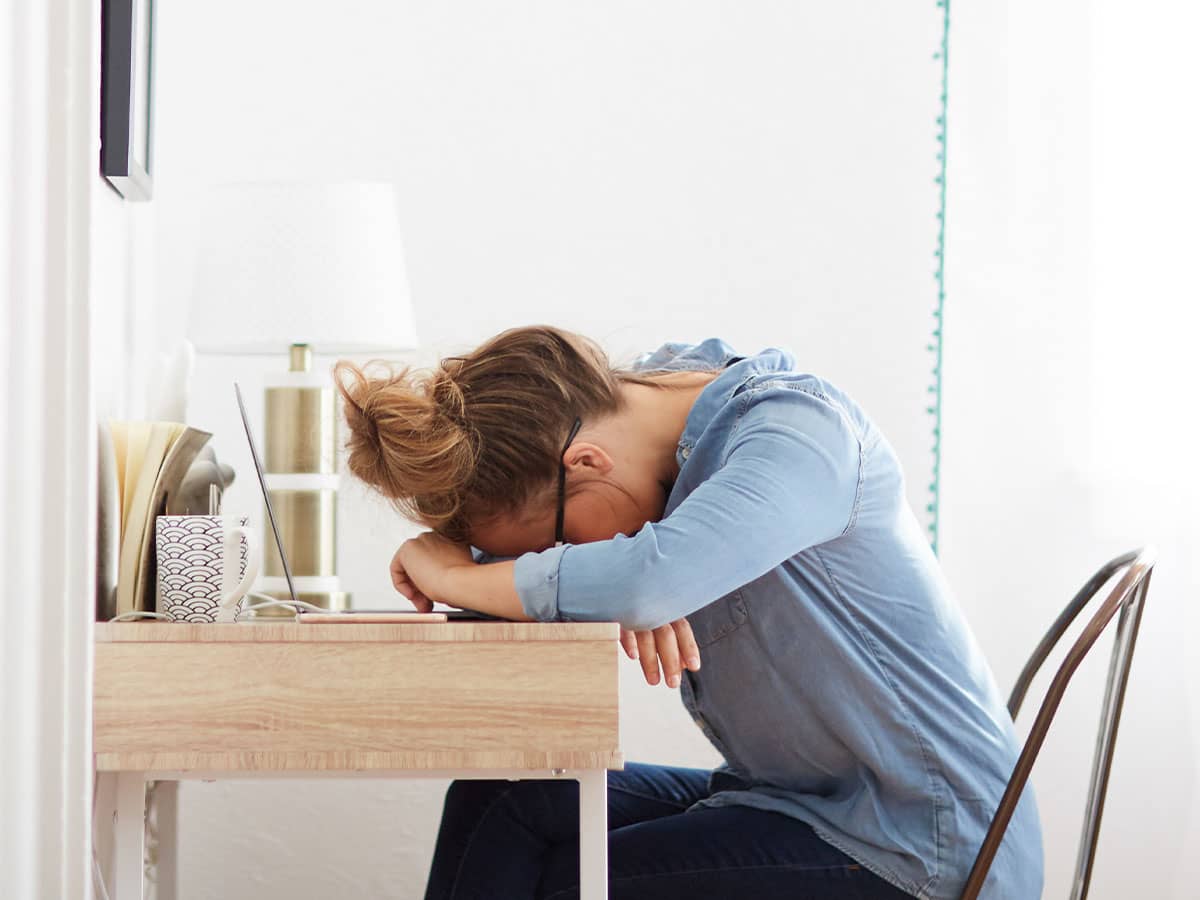 |
|
How beautiful a day can be when kindness touches it.
-G. Elliston
|
 |
From "Parade Magazine," by Dr. Isadore Rosenfeld:
Gotta Go! Is your bladder out of control?
Nearly 14 million Americans-more women than men and usually but not always elderly-suffer from urinary incontinence. The most common symptoms are:
Chronic incontinence impairs the quality of life, often causes depression, interferes with normal sleep and is frequently why older women are admitted to nursing homes.
Yet, despite all its attendant problems, at least a third of incontinent individuals don't tell their doctors about it. You may be able to deal with your symptoms by making various changes in your lifestyle. If that doesn't work, medical procedures often do.
To Help Yourself...
You may be able to deal with your symptoms by making various changes in your lifestyle. If that doesn't work, medical procedures often do. Be sure to see your doctor.

